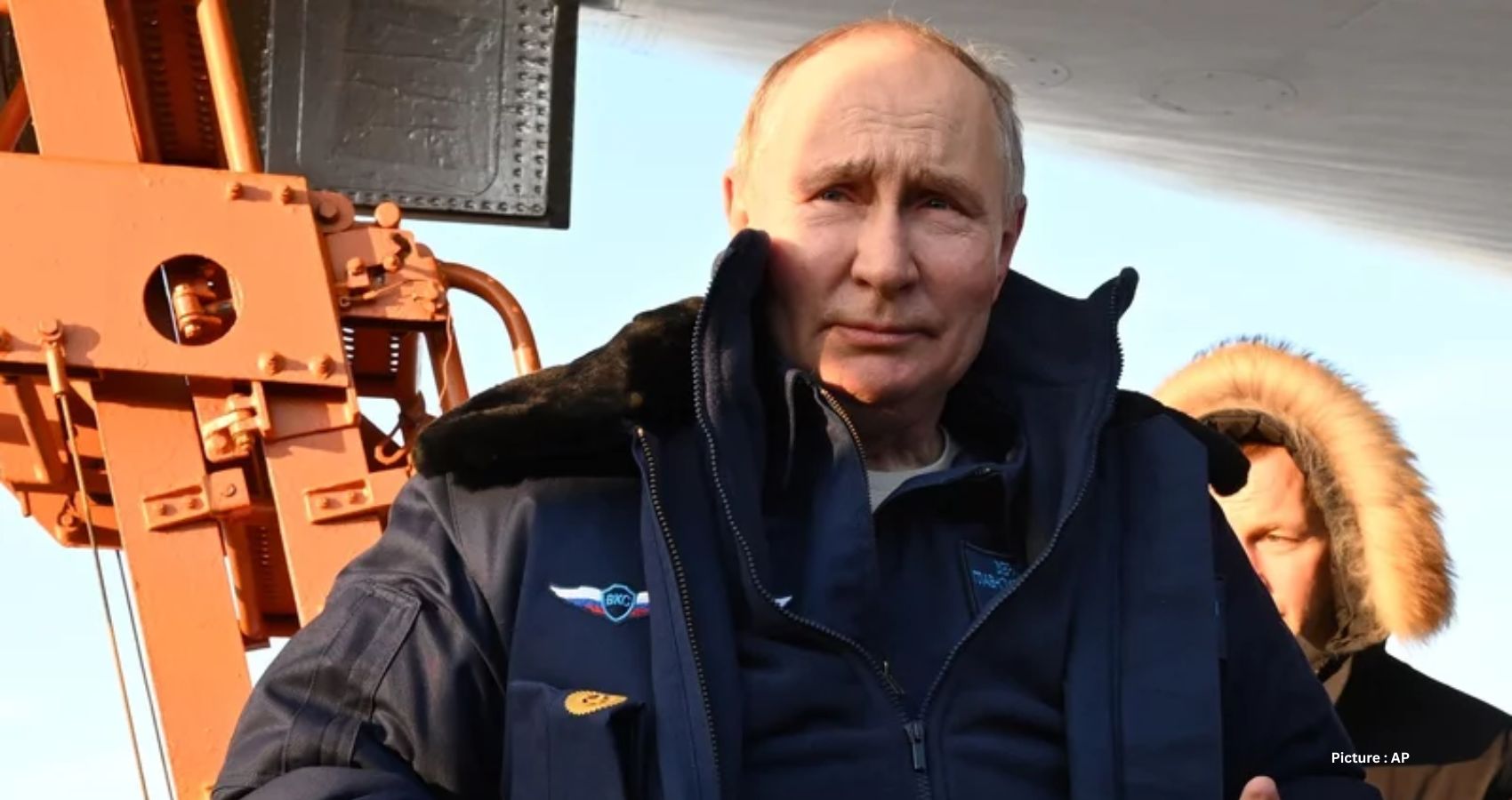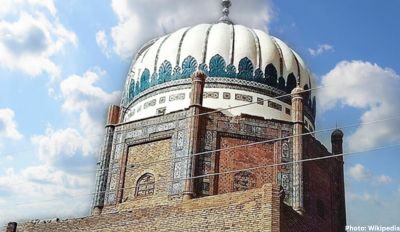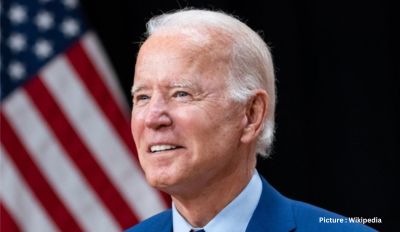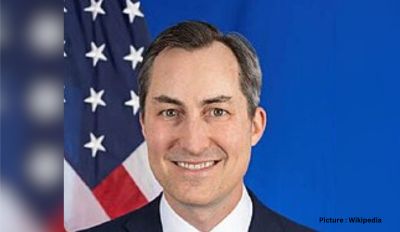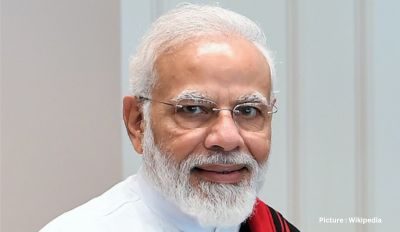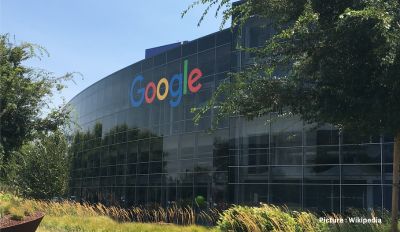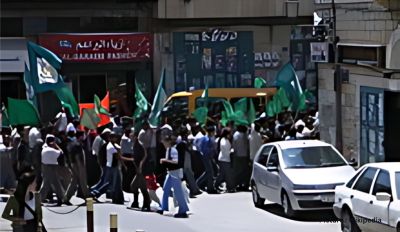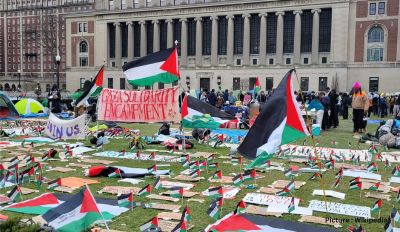As the conflict in Ukraine progresses into its third year, Russian President Vladimir Putin is projecting assurance that his nation can withstand Western backing for Kyiv and prosper economically despite escalating sanctions. On the eve of the war anniversary, which coincided with Defenders of the Fatherland Day, a Soviet-era celebration still widely observed in Russia, Putin utilized a video address to once more draw misleading parallels between the Soviet triumph over fascist Germany and his current incursion into Ukraine.
Putin addressed troops fighting in Ukraine, hailing them as “our true national heroes” and pledging support for their endeavors: “We know that it is hard for you, and we will do everything possible for you to fulfill the tasks ahead of you.” The day was marked by a grand fireworks display in Moscow, capping off a week where Putin displayed confidence in Russia’s military prowess and economic resilience, contrasted against Ukraine’s increasing difficulties on the battlefield.
Throughout the week, Putin engaged in a series of activities aimed at projecting strength, from flying in a new strategic nuclear-capable bomber to driving a Kamaz truck along freshly laid roads, and appearing before enthusiastic supporters eager to shake his hand. These actions served as a clear message to both domestic and international audiences: Western attempts to hinder Russian progress and undermine Putin’s leadership have proven ineffective.
A new exhibition in Moscow, titled “Rossiya” (Russia), serves as a testament to this growing confidence. Located within a Stalinist-era amusement park dedicated to showcasing achievements in industry and agriculture, Rossiya modernizes the concept to highlight the successes of the Putin era. Exhibits include tributes to achievements such as the Sputnik V vaccine, hypersonic missiles, and new nuclear-powered icebreakers. The exhibition also celebrates achievements in Russia’s vast regions, presenting the country as a marvel of polar bears, interactive robots, and local history and culture.
Galina Shebelkova, a pensioner from Siberia visiting the exhibit, expressed her admiration: “The country has begun to develop in the right way. It’s more beautiful, and more accessible than ever. And it’s all thanks to our president.” Additionally, the exhibit features representations from the four “new” Ukrainian regions claimed by Moscow in 2022, despite international condemnation and incomplete control over the territories.
In the section dedicated to occupied Donetsk, visitors are guided through a simulated coal mine narrating the region’s journey from perceived “oppression” under Ukraine to its pursuit of independence and subsequent “reunification” with Russia. The exhibit includes holographic tributes to separatist fighters killed in combat and a rose sculpture crafted from shrapnel. Anna Chochuia, a 22-year-old guide from Donetsk, emphasizes the emotional significance of joining Russia: “When Vladimir Putin recognized Donetsk, everyone had goosebumps. We finally gained our freedom.”
Conversely, at the Belgorod booth, a Russian region bordering Ukraine, where locals have faced attacks from Ukrainian forces, there is a sense of weariness regarding another year of conflict. Margarita Khokhlova, who works in local tourism, expressed a hope for peace, questioning the sustainability of continued conflict. Arteom Chistikov, a recent university graduate from Belgorod, lamented the perpetual cycle of violence between Russia and Ukraine, echoing a sentiment of exhaustion shared by many.
Despite the Kremlin’s assertions that the nation is unified in its support for the war, independent polls indicate that half of all Russians would endorse negotiations aimed at ending the fighting. Nonetheless, the decision regarding the war’s duration ultimately lies with President Putin. A wave of repressive legislation has effectively criminalized dissent against the war, resulting in thousands of arrests since its inception, according to local human rights organizations.
Prominent government critics and opponents have either been exiled, imprisoned, or faced worse fates. Yevgeny Prigozhin, leader of the Wagner Group of mercenaries critical of Russian military leadership’s handling of the conflict, died in a mysterious plane crash last August. His demise was followed by the arrest of other nationalist figures who criticized Putin’s management of the war. The recent death of opposition leader Alexei Navalny in a remote Arctic prison colony under dubious circumstances has further galvanized opposition to the invasion.
Pavel Inzhutov, 25, reflecting at a makeshift monument to Navalny in Moscow, expressed a loss of hope for a brighter future: “Who else can so clearly express the feelings of those of us who don’t agree with Putin or the war? I’d always held out hope for a brighter future. But now that hope is gone.”

